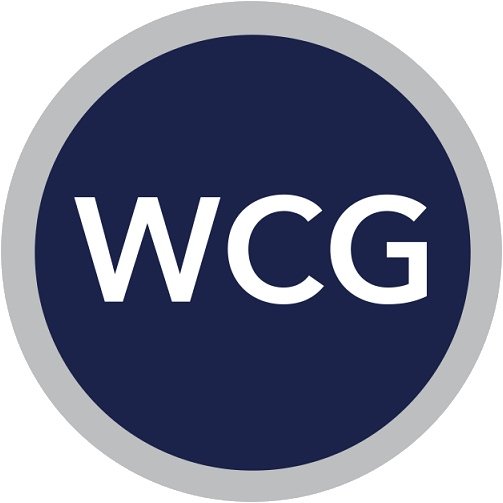Do You Have A Career Binder?
We love tools that help make our professional development easier. One of our favorite tools is a career binder or portfolio.
What’s a career binder and why do I need one?
A career binder—also known as a brag book—contains the documents that back up the achievements on your resume. A comprehensive binder builds your confidence and can help you be prepared to impress your supervisor, hiring managers, and anyone else in leadership. It gathers the very best of who you are and what you’ve accomplished in one place, ready to share with anyone at a moments notice.
As you begin the new year, create a career binder now to help align your goal planning with the contents.
What Should Be in Your Career Binder?
You can use a career binder to prepare for an upcoming performance review, when discussing a promotion or raise with your supervisor, or when applying for a new position. Think of it as your emergency kit to always be ready to put your best foot forward to elevate your career.
Here’s a quick snapshot of what should be in your career binder:
Introduction/Elevator Speech - Write a cover letter of sorts that introduces you, your personal brand, and your core competencies. Even if you never show this to anyone, it is helpful for you to have thought through these topics so you are ready to talk about them if the opportunities arise.
Professional Background - An updated resume or CV highlighting your professional background should always be ready to go.
STAR Behavioral Examples - Let your accomplishments shine! Most supervisors and interviewers will ask open-ended questions like, “Describe a time when…,” or “Tell me about…” Answer these questions using the STAR method which stands for Situation, Task, Action, Resolution. When composing your career binder, think of your best accomplishments and break them down using the STAR method. Having an overview in your binder for your supervisor or interviewer to review, will impress them. However, don’t write out word for word what happened, aim to keep the example in your binder concise. Use the interview to elaborate on the example.
Recommendations and Awards - Add relevant recommendations or reviews from previous employers or professors. These don’t necessarily have to be formal recommendation letters or award certificates. If you receive an email with kudos for a job well done or a congratulations for completing training, print it and include it!
Work-Related Documents - It can be helpful to include any supporting documentation that completes the picture of your work capabilities and achievements. This may include performance evaluations, publications you’ve authored, or other evidence of your skills.
Want even more career development tips and tricks? At the Wilbanks Consulting Group, we can help prepare you for your dream career – from creating your first career binder to negotiating your salary package. We have the tools and expertise to give you the competitive edge in your job search. Contact us to learn more.

